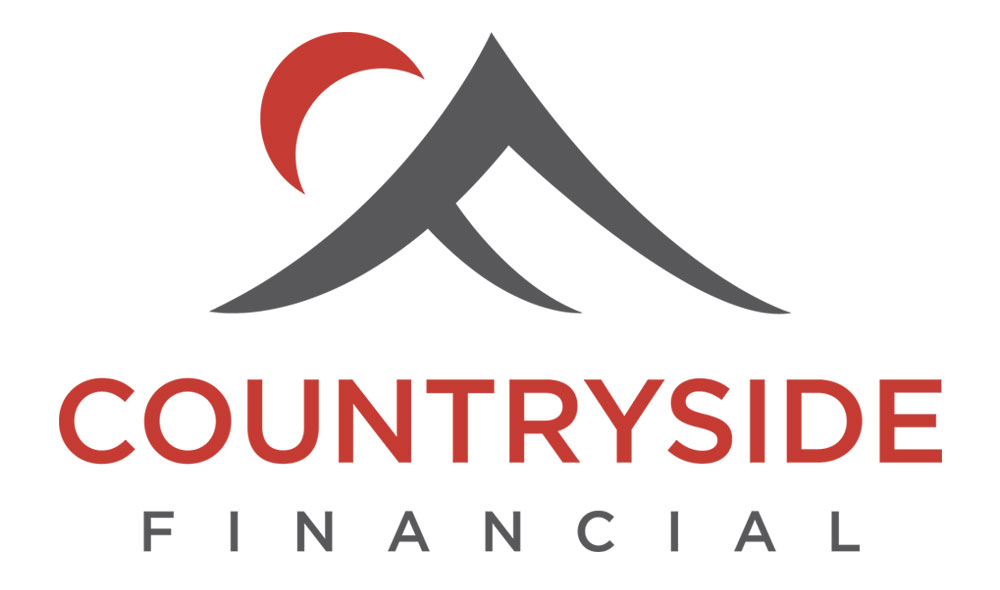Planning a spring purchase?
Whether you are buying a new home or renewing/refinancing an existing home this spring, it is important to make informed financial decisions that will make homeownership viable and affordable over the long term.
Improve your credit score
Your credit score is one of the factors lenders use when they consider you for a mortgage. It’s a number that signals your financial health at a specific time. It also gives information about your financial past, and how consistently you pay off your bills and debts. Make sure to:
- Pay your bills in full and on time. If you can’t pay the full amount, at least pay the minimum shown on your monthly statement.
- Pay off your loans, credit cards and lines of credit as quickly as possible.
- Stay within the limits on your credit cards. Keep your balances as low as possible.
- Don’t apply for more credit cards or loans than you can comfortably manage.
Qualify
Try the Financial Consumer Agency of Canada’s Mortgage Qualifier Tool https://itools-ioutils.fcac-acfc.gc.ca/MQ-HQ/MQ-EAPH-eng.aspx to help you determine whether or not you can qualify for a mortgage based on detailed income and expenses. The tool offers unbiased, trustworthy information. We also offer a quick & easy mortgage calculator at https://www.countrysidefinancial.ca/mortgage-calculator/.
Shop around
Shopping around is key when getting a new credit product such as a mortgage. Better yet, engage a Mortgage Broker who is an independent financial advisor that specializes in the mortgage industry.
Facilitating a mortgage between a borrower and a lender for a pre- qualification or a live deal, Brokers are experts in every available choice of financing for your home. There are over 60 mortgage lenders in the marketplace right now – each offering different mortgage products and interest rates. A Mortgage Broker finds the best-fit mortgage for your particular circumstance. And, in most cases, a Mortgage Broker’s work is without charge to the borrower! Broker’s are paid a commission from the lender.
Borrow less than you’re allowed
Prime mortgage lenders use 2 rules to decide how much they’ll lend you:
- Your housing costs cannot be more than 35% (39% for those considered well- qualified) of your gross monthly income. Housing costs include mortgage principal and interest, property taxes, heating expenses, to also include other potential fixed costs such as water hauling, leased-land fees, HOA fees, condo fees, etc.
- Your total debt (all housing costs as per above, plus car payment, credit cards, child/ spousal support, etc) cannot be more than 42% (44% for those considered well- qualified) of your gross monthly income.
Borrowing this maximum amount can be risky. If your income drops, your expenses increase, or interest rates rise, you may have trouble making your payments. Take on a smaller mortgage than your maximum so that your housing costs stay within your means.
Pay off your mortgage faster
Try to pay more each month:
- Increase your regular payment amount. Pay $700 rather than $652, for example.
- Make lump sum payments to your mortgage principal. An extra $1,000 here and there can make a big difference.
- Make accelerated payments. Instead of making one payment per month, make accelerated payments every two weeks (26 per year).
By paying more now, you’ll save money in the long run and you’ll build a financial cushion.
Candace Perko, Mortgage Broker























